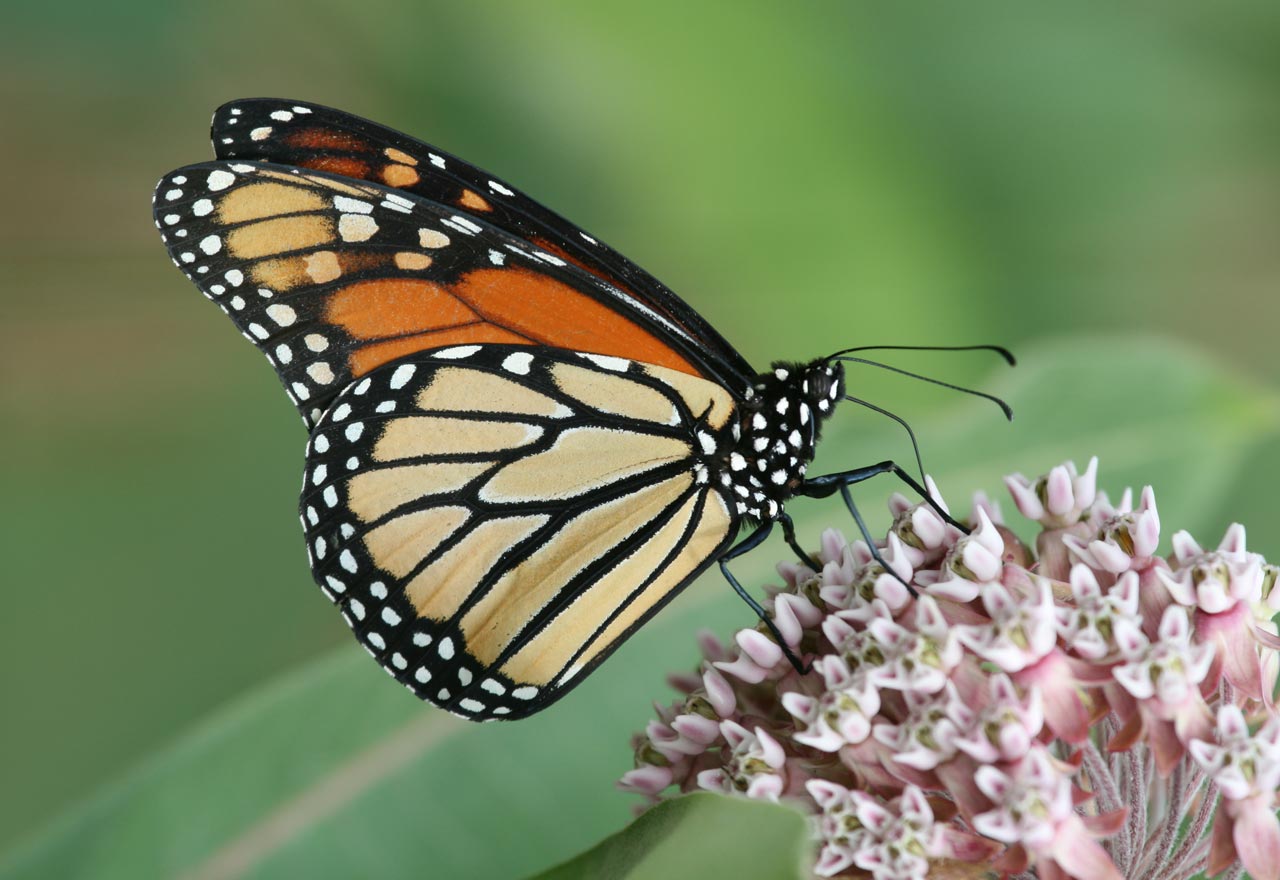Signals Danger for Native Pollinators
[This article was previously published in the summer issue of The Cultivator, Cornucopia’s quarterly newsletter.]
by Kestrel Burcham, JD, Director of Domestic Policy at The Cornucopia Institute
Pollinators are essential to nature, food production, and the future of our planet as we know it. They provide the service of pollinating over 85% of the world’s flowering plants, including the majority of food crops.
As such, pollinators are important keystone species and may be one of the most ecologically and economically important groups of diverse animals. In fact, the Xerces Society, a nonprofit dedicated to the protection of these insects, notes that the economic value of native pollinators— species that are native to a specific region and pollinate the flowering plants in that region—is estimated at $3 billion per year in the U.S.
The United Nations’ Intergovernmental Science-Policy Platform on Biodiversity and Ecosystem Services (IPBES) released a report on the global status of biodiversity in early May 2019.
The report found that human activity has resulted in large-scale loss of biodiversity, as well as the harmful alteration of 75% of the Earth’s land mass and 66% of the world’s oceans.
Many at-risk species are native pollinators. Sometimes, plants and their pollinators coevolve, so that when one species declines, the other does as well.
The IPBES found that a large part of this decline is caused by land conversion. Agriculture has historically been a significant contributor to this type of habitat loss. When native wildlands are plowed and turned toward agricultural purposes, they no longer support the same level of species biodiversity. In addition, mono-cropping and pesticide use on conventional farms leave poor habitat and lethal residues that impact native pollinators.
Thankfully, there are things individuals can do to support native pollinator populations both locally and on a global scale.
One way to take action is to reduce or eliminate the amount of food purchased that comes from crops sprayed with pesticides. While pesticides are intended to kill target species that harm crops, most also effect sensitive insect pollinators and many vertebrate pollinators as well. Organic crops are produced without the worst chemical offenders.
Organic farmers often practice regenerative agriculture. They diversify their operations, rotating many kinds of crops and livestock.
Diversified farms offer better support to native pollinators because their crops, including pasture plants, typically flower throughout the seasons to provide a steady supply of food to native bees and other pollinators.
Organic and sustainable farms also provide safe spaces for pollinators to nest by providing weedy verges, protected watershed areas, and wild habitat within the farm ecosystem.
Land previously used for conventional farming transitioned to organic production can restore poor habitat and support increased biodiversity in nearby ecosystems.
On a macro scale, regenerative farming techniques contribute to climate resiliency, helping species on all levels.
At home, gardeners can support a variety of pollinators by growing an array of native plants that bloom at different times of year. Home gardeners should avoid applying pesticides and learn management practices that support native pollinator populations.
For example, dill can be planted to attract ladybugs, aphid midges, and green lacewings—all of which prey on aphids.
Because about three-quarters of native bees in North America are solitary nest builders, having undisturbed ground that is not covered by landscaping cloth or heavy mulch can also be beneficial.
Since the global effect of food production on pollinator biodiversity is profound, our actions have serious impact. Choosing local, organic food and making your backyard habitat friendly to pollinators are effective ways that every individual can support native pollinators in their region and around the world.


